The United Nations Security Council (UNSC) is expected to convene an emergency meeting to discuss the escalating conflict in the Middle East at around 2:00 p.m. GMT on October 2 (around 9:00 p.m. the same day, Vietnam time).
On October 2, many world leaders called on Iran and Israel to exercise restraint and avoid pushing the entire Middle East region into a full-scale conflict after Iran launched a series of missiles toward Israeli territory on the night of October 1 and Israeli Prime Minister Benjamin Netanyahu vowed to respond.
UN Secretary-General Antonio Guterres expressed deep concern at the “escalation after escalation” that risks pushing the Middle East into a spiral of conflict, as fighting between Israel and Hezbollah in Lebanon continues to spread, while the conflict between Israel and the Hamas Islamist movement in the Gaza Strip has yet to end.
Mr. Guterres called on all parties to exercise restraint and end military actions, emphasizing that what is needed now is a ceasefire.
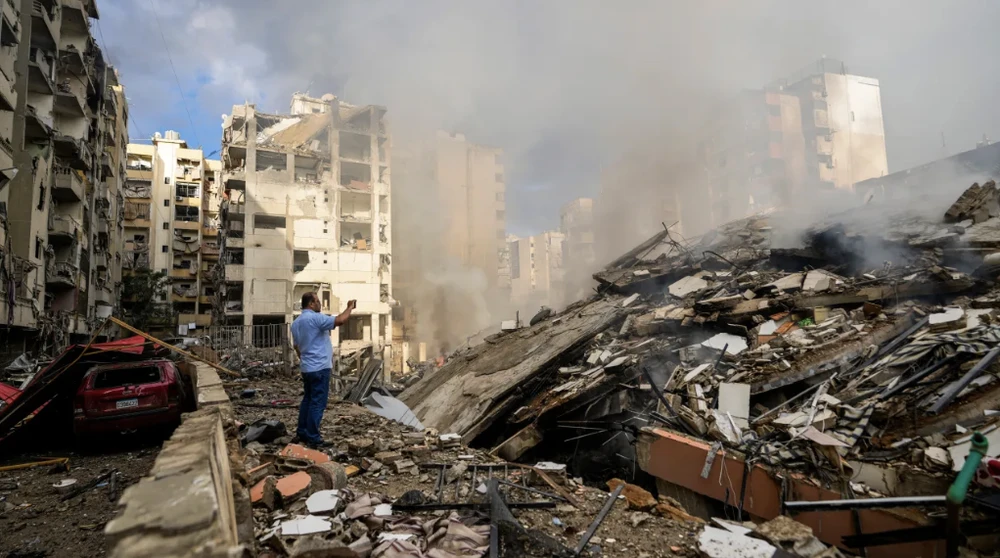
New Japanese Prime Minister Shigeru Ishiba has said he will work with the US to defuse the current tensions. Meanwhile, in the US, a White House statement said President Joe Biden has ordered the US military to help prevent missile attacks on Israel - a key US ally.
The European Union (EU)'s High Representative for Foreign Affairs and Security Policy, Josep Borrell, said the EU will continue to make every effort to prevent tensions from spreading into a full-blown conflict in the Middle East. From Paris, French Prime Minister Michel Barnier expressed concern about the escalation of tensions between Iran and Israel, describing the situation in the Middle East as "very serious".
British Prime Minister Keir Starmer had a phone call with his Israeli counterpart Benjamin Netanyahu, in which he affirmed efforts to ensure security and protect civilians in Israel. Spanish Prime Minister Pedro Sanchez, Spanish Foreign Minister Jose Manuel Albares, German Foreign Minister Annalena Baerbock, Canadian Foreign Minister Melanie Joly... also called on all sides to end military action.
Mr. Stephane Dujarric, spokesman for the UN Secretary General, said on October 1 that more than 100,000 people had evacuated from Lebanon to Syria and more than 200,000 people had to leave their homes in southern Lebanon due to the evacuation order of the Israeli army.
The UN Office for the Coordination of Humanitarian Affairs (OCHA) warned that the number of displaced people will increase as the Israeli army continues to issue evacuation orders in many parts of Lebanon, including 30 villages in the south of the country. In this context, the UN Refugee Agency continues to step up emergency response measures, coordinate with partners to deploy urgent humanitarian relief and protection work in Lebanon.
KHANH HUNG
Source: https://www.sggp.org.vn/cong-dong-quoc-te-keu-goi-ngan-chan-xung-dot-toan-dien-o-trung-dong-post761713.html








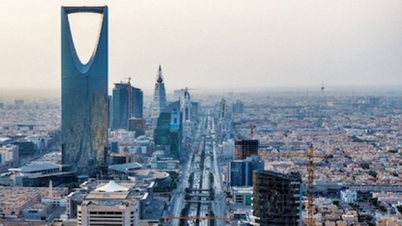

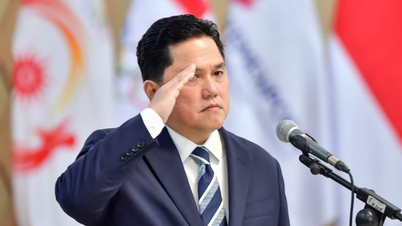





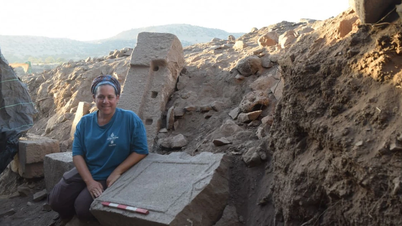



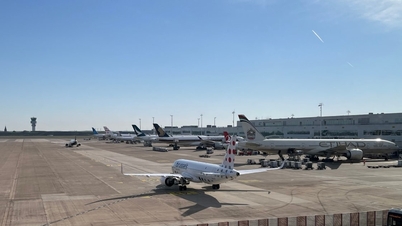


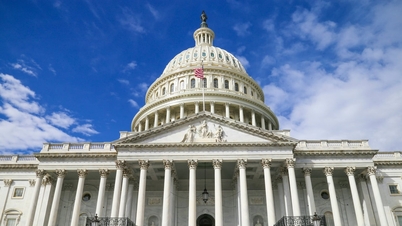



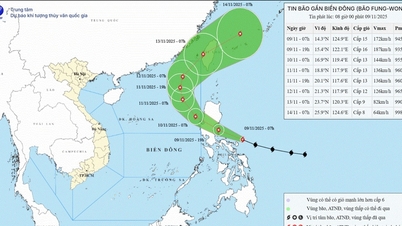







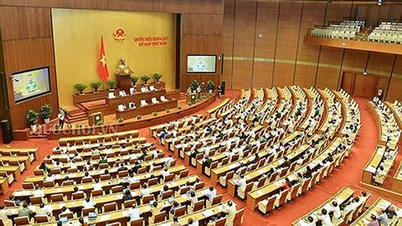


























































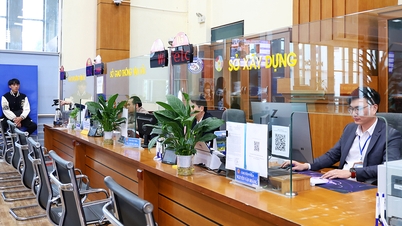






![Dong Nai OCOP transition: [Article 3] Linking tourism with OCOP product consumption](https://vphoto.vietnam.vn/thumb/402x226/vietnam/resource/IMAGE/2025/11/10/1762739199309_1324-2740-7_n-162543_981.jpeg)









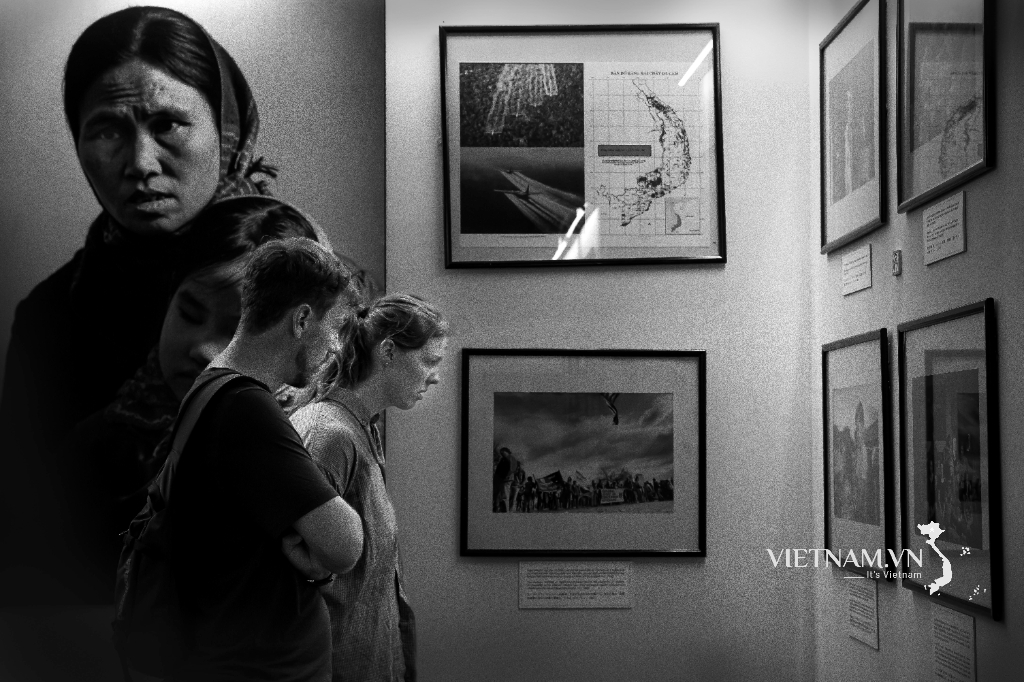


Comment (0)